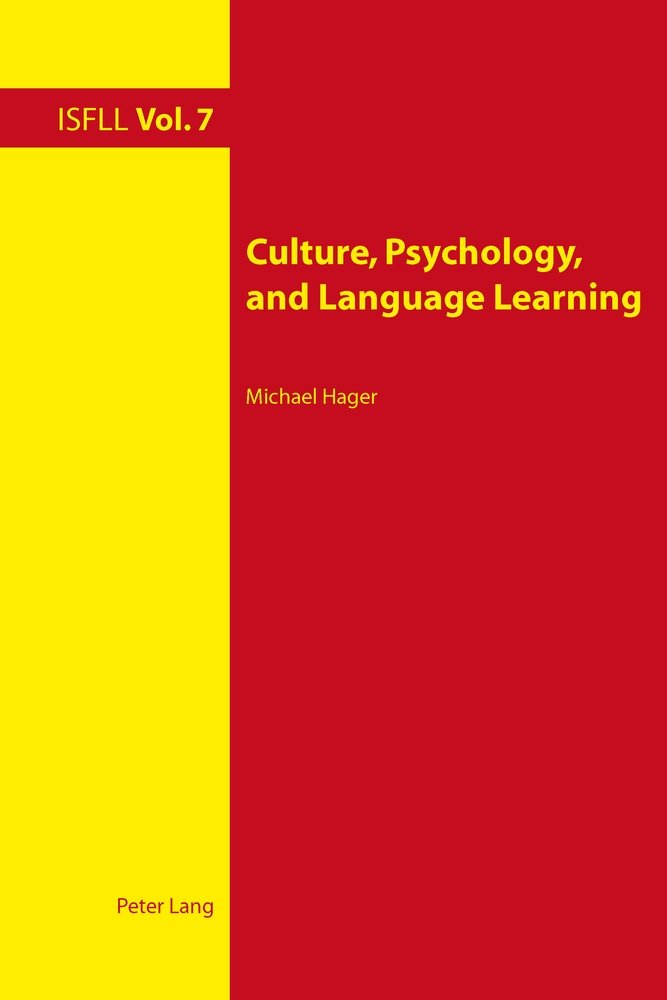This book demonstrates that culture and language are closely intertwined and argues that they need to be taught simultaneously from the very beginning of acquiring a second language. In the first part of the book, the author explores the close links between language and culture through looking at concepts such as ethnosyntax and gendered language. The discussion continues by examining the relationship of biculturalism and bilingualism, and the effects each can have on the other. This leads into an exploration of interculturalism and the idea of a third culture or interculture. The second half of the book demonstrates how culture and language are linked to cognition by looking at cognitive processing, emotions, and motivation in second language acquisition. This discussion illuminates some of the ways in which culture can influence the learning of a second language, and also provides fascinating insights into how culture and language affect memory and its role in the learning process.



